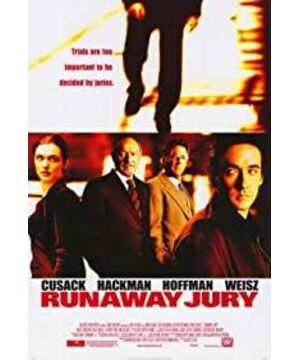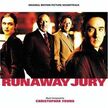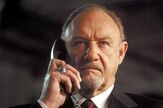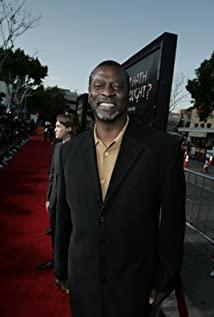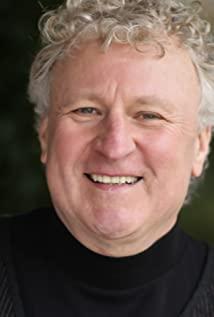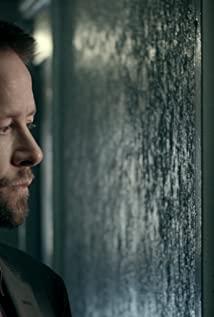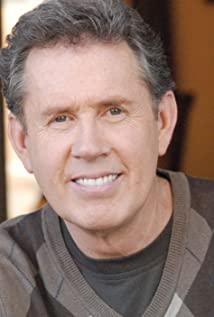1. We don't know exactly where Hackman's unscrupulous bottom line is to win this lawsuit. Judging from the fight that took place in Weisz's room near the end, it seemed that if there was no way out, he could kill people. But if killing is not a taboo, then with Hackman's cunning and cruelty, and the cruelty of his underworld, it can be assured that Cusack and Weisz will never live for an hour. In other words, playing drama is just a super-powerful alternative after the wit plot encounters creative bottlenecks, so the consistency of common sense and character traits must be temporarily forgotten.
2. Dustin Hoffman's prosecution lawyer is indeed a soy saucer. Although the director tried to anger the arms predators through court interrogation, and the bathroom closed-door argument to increase the role of the veteran actor's weight. The latter is particularly unconvincing: it's not that lawyers should be as cynical and indifferent as Hackman, but Hoffman has been in the legal profession for decades. How can he still raise some rookie angry questions? From this, you will also understand that the "fledgling VS industry tycoon" court play has its own inherent logical rationality: the information that the director wants to convey to the audience happens to be what the newcomer wants to know.
3. The personal background of the jury members is similar to the heroine's exaggeration. We recognize that every member of the jury should have this kind of personal privacy or hobbies. But is it necessary to get involved in drugs, suicide, and relatives being arrested? And conversely, these seemingly big troubles didn't seem to add too many variables to Kusakweiz's revenge plan. I was able to easily handle the few talk talks in the isolation hotel room. This is the biggest personal dissatisfaction with this film. In Twelve Angry Men, Henry Fonda’s mind-attack strategy has its roots: daggers, glasses, simulated downstairs time, etc. The ability to have the ability to persuade the audience in the play at the same time. Only by convincing the audience can your story be credible and appealing. But Cusack's heart attack is vague, confined to the hearts of both sides of the conversation, and the audience has no feelings. Of course, you can say that this may be related to the fact that the final climax reversal does not occur on this line. But the court scene was the highlight of the performance in the previous two hours, but in the end you suddenly told me that the orgasm was outside the court? It feels a little weird. So when Hackman, who looked desperate after the defeat, wondered how Cusack could persuade his jurors, they couldn't answer. Just as A-Gump got rid of the protective frame while running, there was no reason but God's blessing.
View more about Runaway Jury reviews


